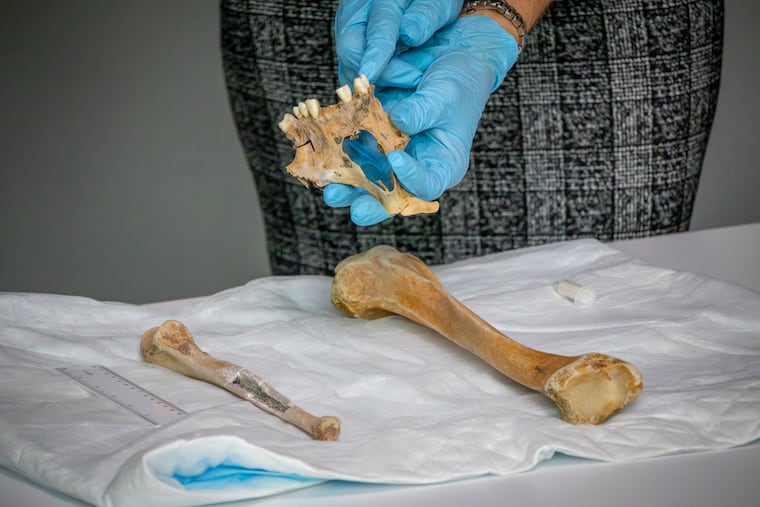Mexican cartel leader “El Mayo” receives life sentence in New York plea deal after death penalty is removed from consideration.
Mexican drug kingpin Ismael “El Mayo” Zambada Garcia has pleaded guilty in federal court in Brooklyn to orchestrating a vast drug trafficking operation, a plea that signifies he will receive a life sentence in prison. The decision represents a significant milestone in the long-standing efforts to dismantle the Sinaloa Cartel, a criminal organization notorious for its involvement in drug smuggling and violence.
Zambada, 75, is a key figure in the Sinaloa Cartel, which he co-founded. His plea came after prosecutors announced that they would not seek the death penalty, a contentious issue that had initially surrounded his case. The Attorney General, Pam Bondi, is expected to address the media today to discuss the implications of this significant turn of events in the ongoing efforts to combat drug trafficking in the United States.
In a detailed statement given during his court appearance, Zambada recounted his beginnings in the drug trade at the age of 19, describing how he cultivated marijuana and ultimately led armed groups in conflicts against rival factions in Mexico. He pleaded guilty to charges arising from indictments in both Brooklyn and Texas, acknowledging the cartel’s considerable operations, which reportedly involved the distribution of 1.5 million kilograms of narcotics predominantly to the United States, and the collection of millions of dollars annually for these illegal activities.
Zambada’s admission included the acknowledgment of orchestrating violence to further the operations of his organization. He conceded that many innocent lives were lost in the conflicts that arose as a result of his actions. Prosecutors have characterized him as the strategic mastermind of the Sinaloa Cartel, noting that his control was maintained through a system of public corruption involving significant bribery of officials, law enforcement, and political figures.
In the negotiations surrounding his plea, Zambada’s lawyer emphasized that the plea deal was not a cooperation agreement with the U.S. government. Zambada expressed concern for his home state of Sinaloa, urging its residents to seek a future without violence.
The ongoing investigation into Zambada’s longstanding cartel activities reflects the broader struggle against the drug epidemic affecting the U.S., a crisis exacerbated by the trafficking of substances such as fentanyl. U.S. authorities had diligently pursued Zambada for years, previously offering a million reward for information leading to his capture. His arrest has been hailed as a pivotal moment in the fight against organized crime in North America, particularly following the significant repercussions of narcotics trafficking on communities across the United States.
Zambada’s capture last year was marked by controversy, as he alleged that he had been kidnapped by Joaquín Guzmán López, the son of the infamous drug lord Joaquín “El Chapo” Guzmán, and forced onto a plane that brought him to the U.S. His recent plea, along with the ongoing legal troubles of other cartel members, underscores the persistent challenges law enforcement faces in addressing the complex web of drug trafficking and associated violence.
Zambada’s sentencing is scheduled for January 13, 2026, where he is expected to face mandatory life imprisonment, as well as forfeiture of billion connected to his criminal enterprises. The ramifications of his leadership within the cartel continue to reverberate, signaling a critical juncture in efforts aimed at curtailing the influence and operations of drug cartels.







